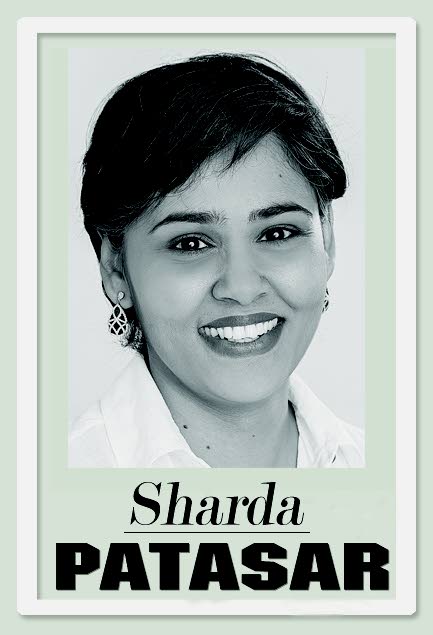Splinters

Splinters. Splintered. Splints.
Disengaged, broken, pulled apart. Blindsided, you feel the crashing and smashing, like ice, stuck again and again with the blunt edge of that ice pick.
Perhaps this isn’t the space in which to explore such breakages.
It isn’t the space to explore the meanderings of my mind either, though I have been told recently that my readers are interested in this. Personally, I find it boring, like inspirational quotes on Facebook, things that people haven’t experienced but quote because it makes for a momentary feeling of happiness that they cannot feel otherwise. I am putting myself on the line here, revealing too much of something that is personal to me.
The comforting thing about this is that we are not word people, not people who follow the meanderings of thoughts into the whole that these fragments eventually find themselves in. These thoughts are safe in the hands and ears of people who follow the feelings here, some of whom are there when the splinters hang suspended in the air waiting. The latter group wait with me, excited at this splintering because truth be told, I am too. Almost as if the self gets smashed into little bits, slowly gathering its pieces, magnets pulling themselves together in a jumble which isn’t a jumble to me any more. It is a "new normal," a new normal a "friend" had said once.
I was angry then. I didn’t want a new normal.
“What happened to my old normal?” I wanted to shout.
But I was being too traditional. The dynamic is really all about destructions and renewals.
I have used these words too often now. I imagine people growing bored with them. I grow bored with them myself.
I grow bored with old thoughts, thoughts bandied about year after year, to a public that lies around spouting the same thing that they too hear year after year, like a cassette player in a wasteland, half buried under the dirt. Everything around is just bare wasteland, slowly disintegrating. But this is our normal, our old normal – politics, religion, education (all old, mouldy board houses).
A bright young lady says of the recent SEA examination, "The maths really was about common sense," but we all know that that is a rare commodity otherwise we wouldn’t be living still in houses where voices sound like babble now and the damp, acrid smell doesn’t leave your nose. This is our normal. That there is still a market for babble and damp wood is beyond me, smashed as I am into these tiny smithereens, hanging in mid-air, gathering up hands, feet, eyes, ears and the whole energy that is human. The sound goes through my splintered self, that self violently smashed so that light can pass through.
I stand back – (I have been doing a lot of standing back these days, trying to move myself out of the way to really look on) – and the things I see are almost awe-inspiring, not in the good way, but awe-inspiring nevertheless). I see people struggling because struggle is what we have been taught this life is all about. "The struggle is real."
I would like to say it is utter nonsense, but I am an atheist and for us, the power to create your life is not the power that others see. All they can see is someone who doesn’t believe in the gods that they put faith in. But I have faith. They can’t see that because faith is ink and I do not put faith in ink. My form takes power away from the voice, the hand, the charioteers, the stones and everything else that takes our imaginations from us. It puts power in my own hands, the right to edit and cut, create and preserve.
Week after week. I contribute to the ink fest (so be it), not for the reader to absorb as a truth (for this would be an insult to my work), but to open their own imaginations.
In my imagination this week, I discard some splinters. They aren’t necessary for renewal, much like the appendix that is purported to be a remnant of a remote past. It ruptures, we remove it.
We can only carry the past with us to a point. After that, the conversation crosses over into a healthy case of silly stupor. And so we shed the conversations that no longer contribute to our well-being. We lower ourselves down from our suspended state to a place of solid footing, a slow process, but one that is in our best interest to work on quickly and persistently if we regard our personal and national health to be important.

Comments
"Splinters"